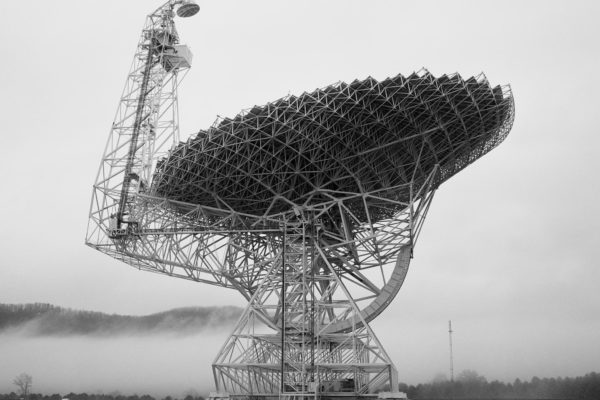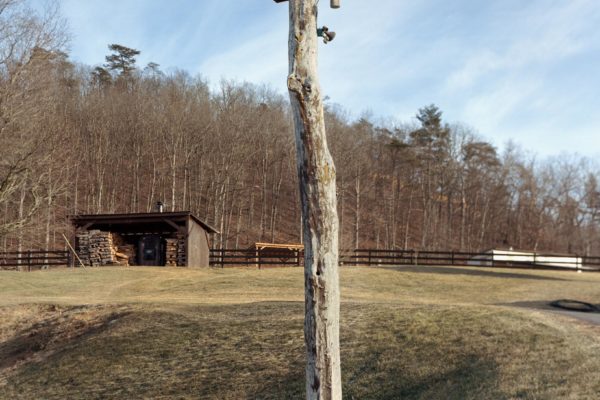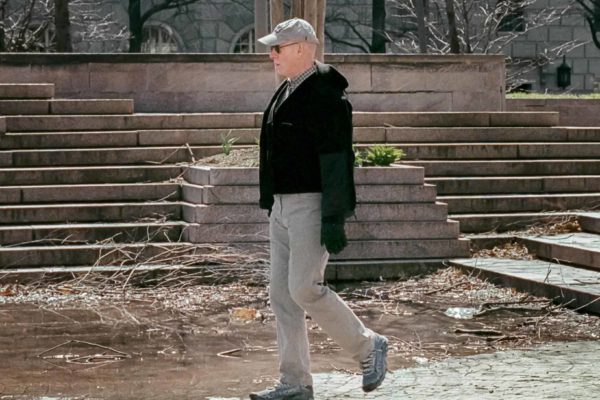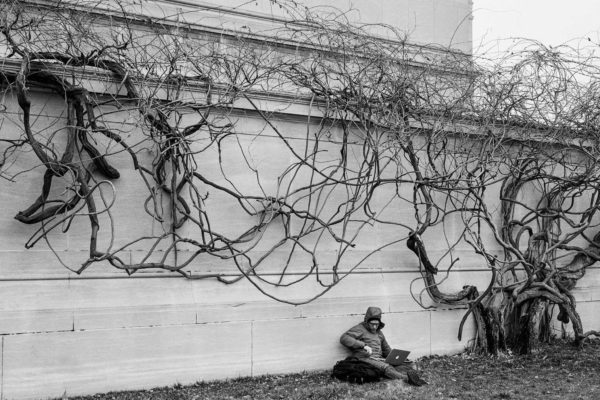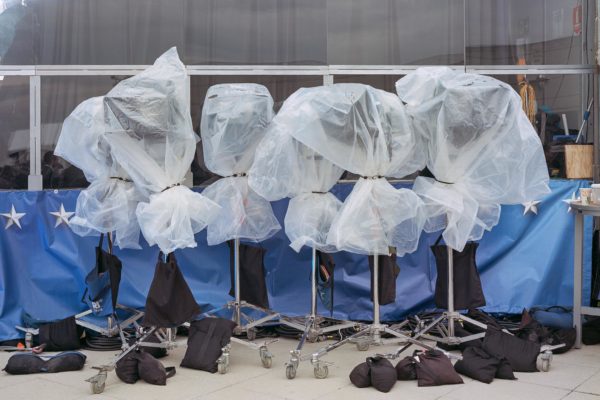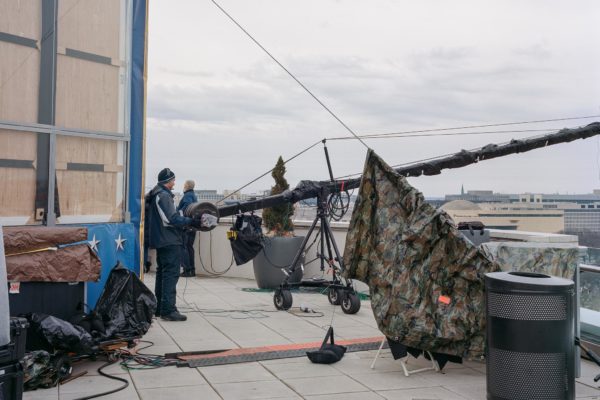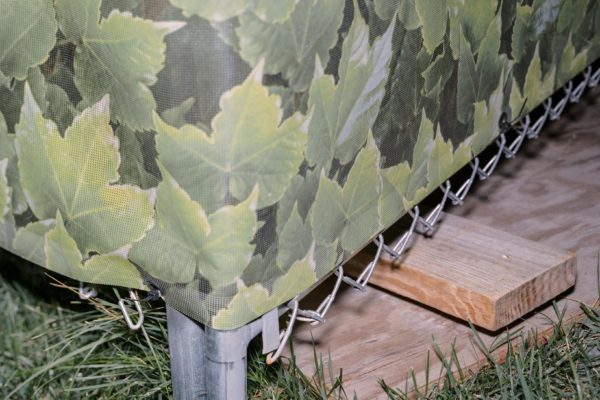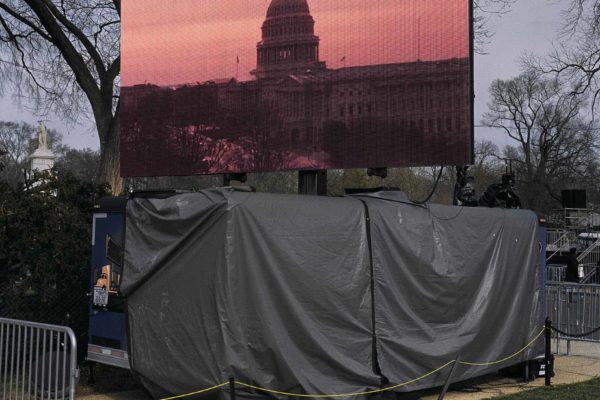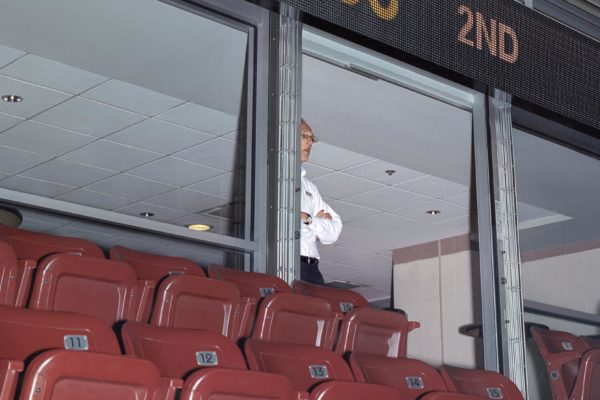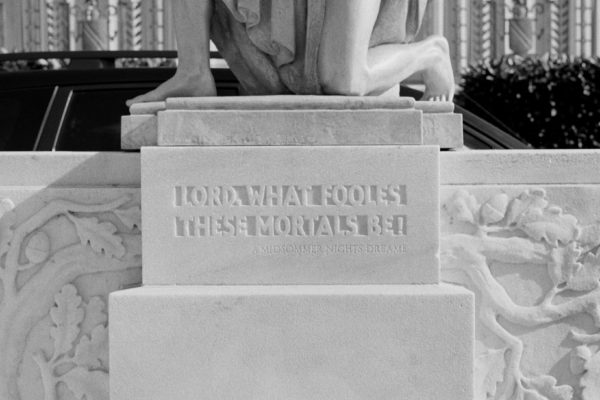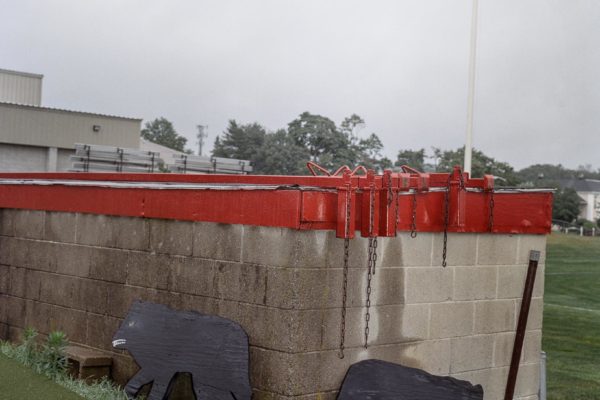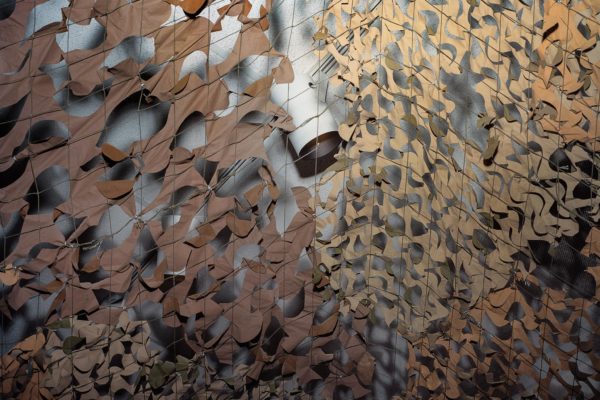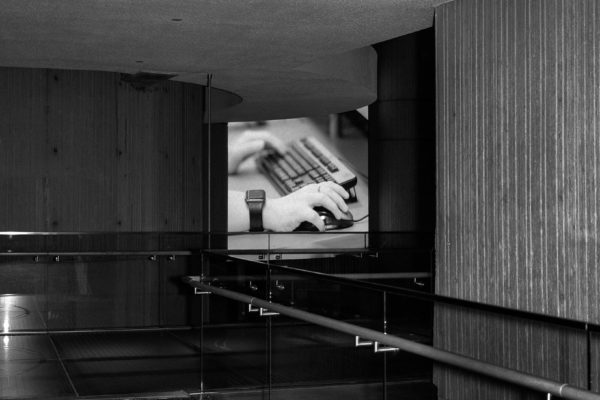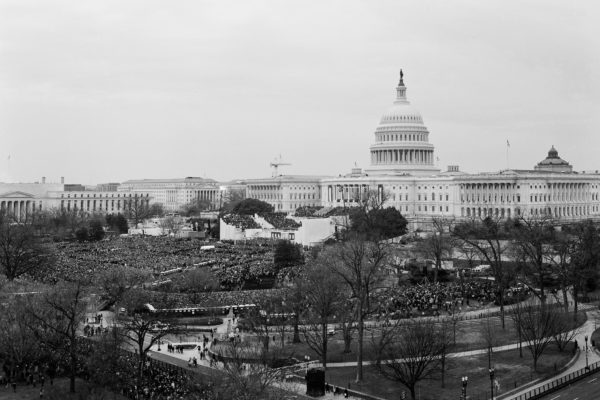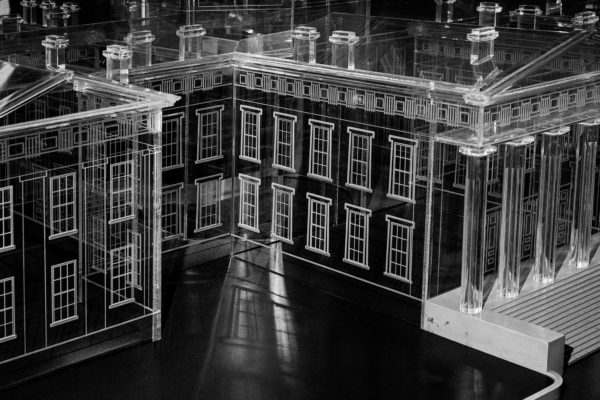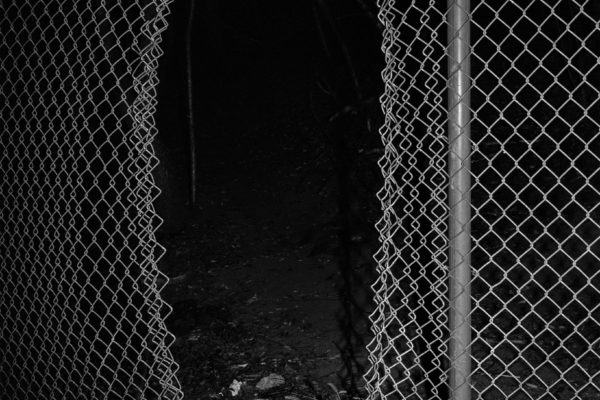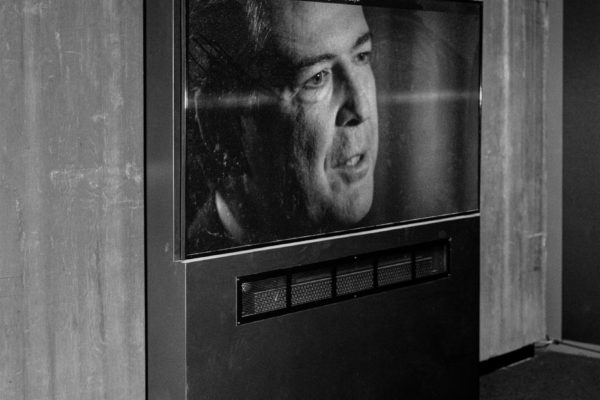Abstract of the accomplished photographic work
Wilderness of Mirrors is a survey of an emergent cybernetic landscape. Shot in a variety of locations– from the political spectacle of Washington D.C. to the National Radio Quiet Zone in rural West Virginia– the project visualizes contemporary mechanisms of control that employ technology, anxiety, and images as a means to destabilize and restructure belief. Through diverse modes of image-making, the sequence unveils discrete social and technological systems embedded into the fabric of everyday life, serving to reinforce and advance dominant structures of capital and power. The series presents these conditions as a veritable wilderness– a landscape of images and devices that infinitely deflects and distorts any information within its borders. The project locates the intersections of simulation, power, and concealment in order to disentangle the mesh of our personal, political and digital selves; it describes an urgent need to reclaim agency we have lost to convenience and abstraction.
Description of the project you intend to pursue through the Prize
In this project I aim to photograph Hyperscale Data Centers, which support high-volume data processing including Cloud Storage and AI for Google, Amazon, Microsoft and other tech companies at a massive scale. The architecture of these warehouse-like complexes is characterized by vast horizontal space and repetitive computational environments. Many of these data centers are located in the American West among striking landscapes historically connected to Manifest Destiny and Westward Expansion, now linked closely to modern capitalist accelerationism. The series will be photographed using a large format view camera, establishing a direct connection to the imaging tradition which constructed the mythology of the west. The resulting sequence of images will draw formal and conceptual relationships between these data centers and the landscape and communities they punctuate, questioning what architecture designed solely for computers reveals about our increasingly online culture.

